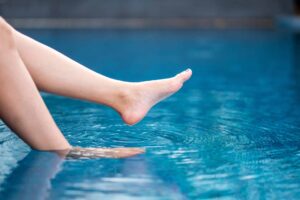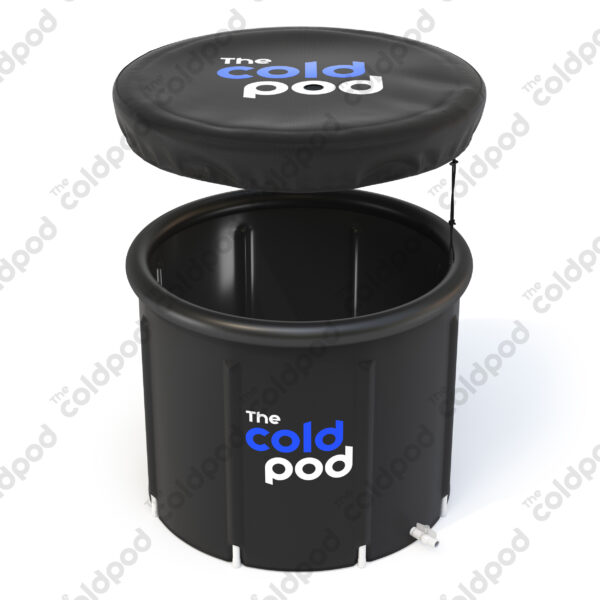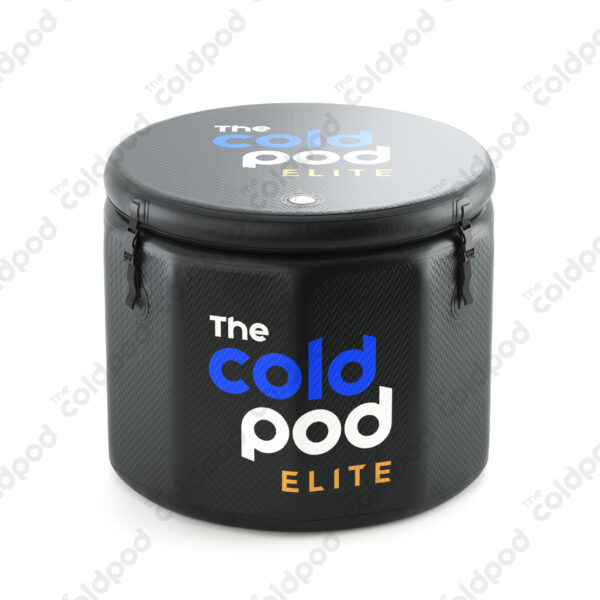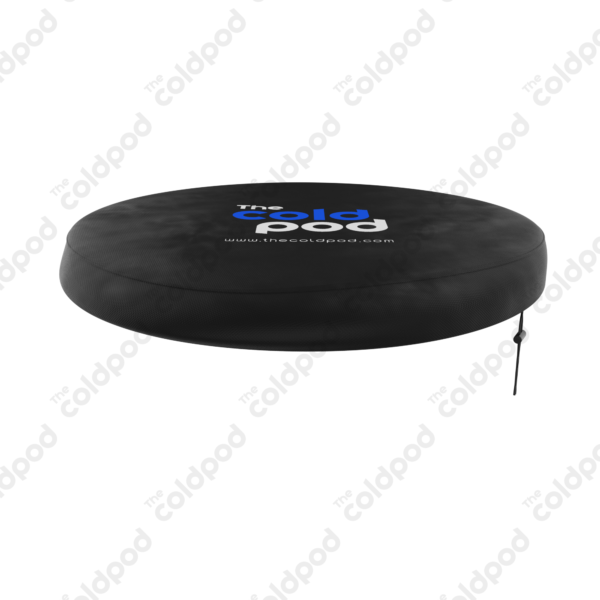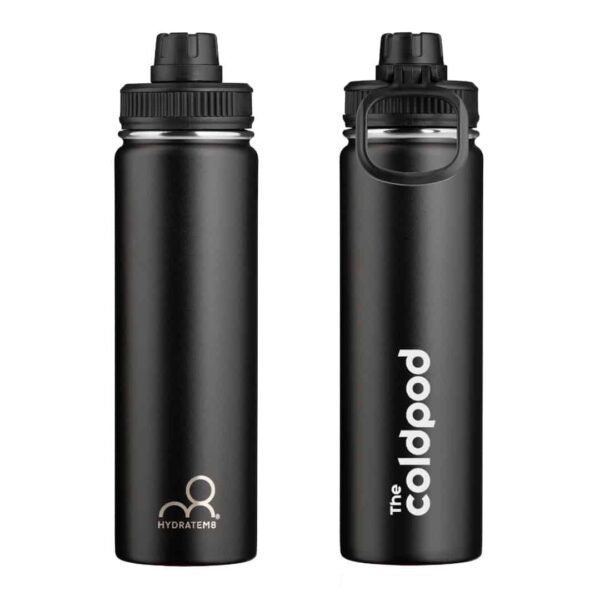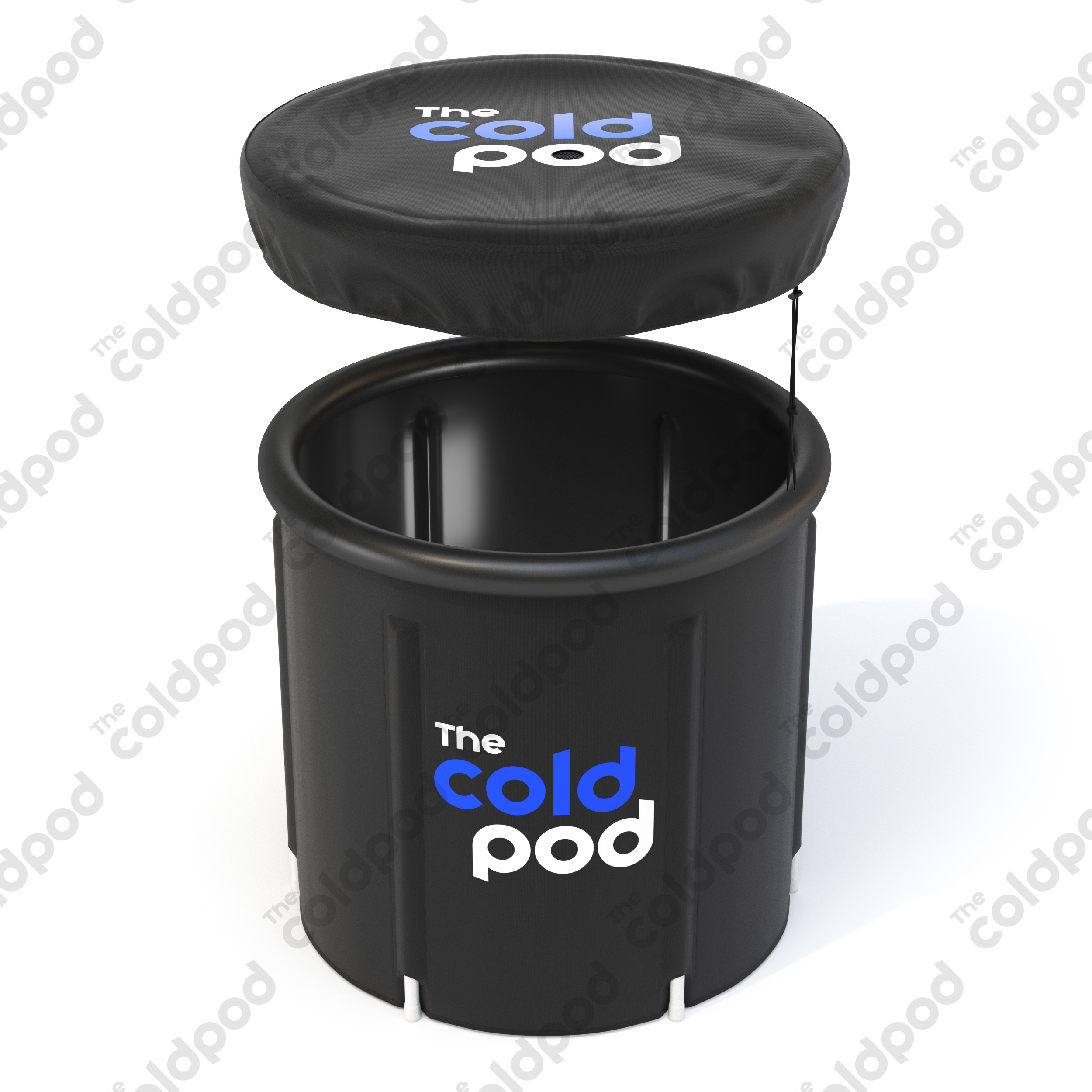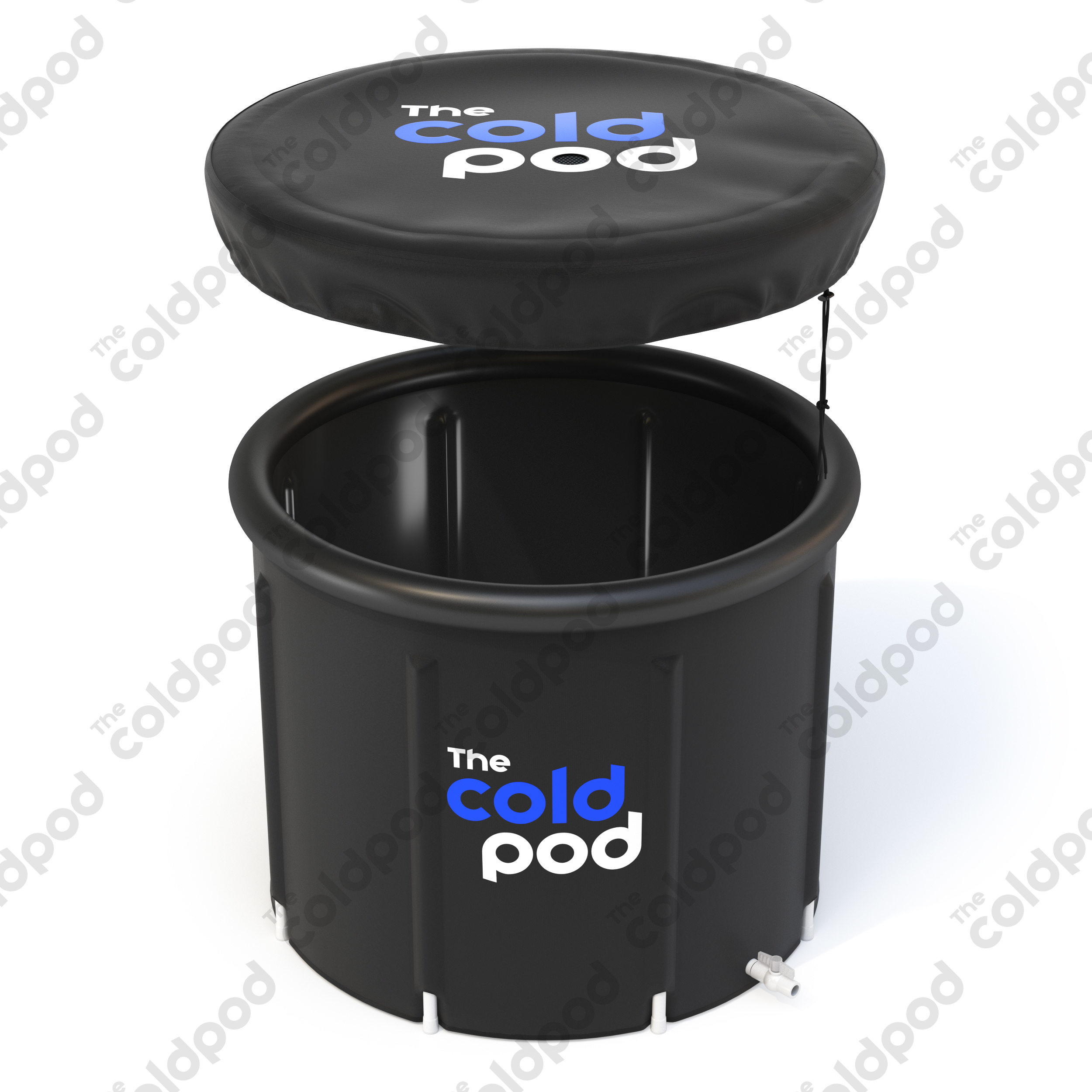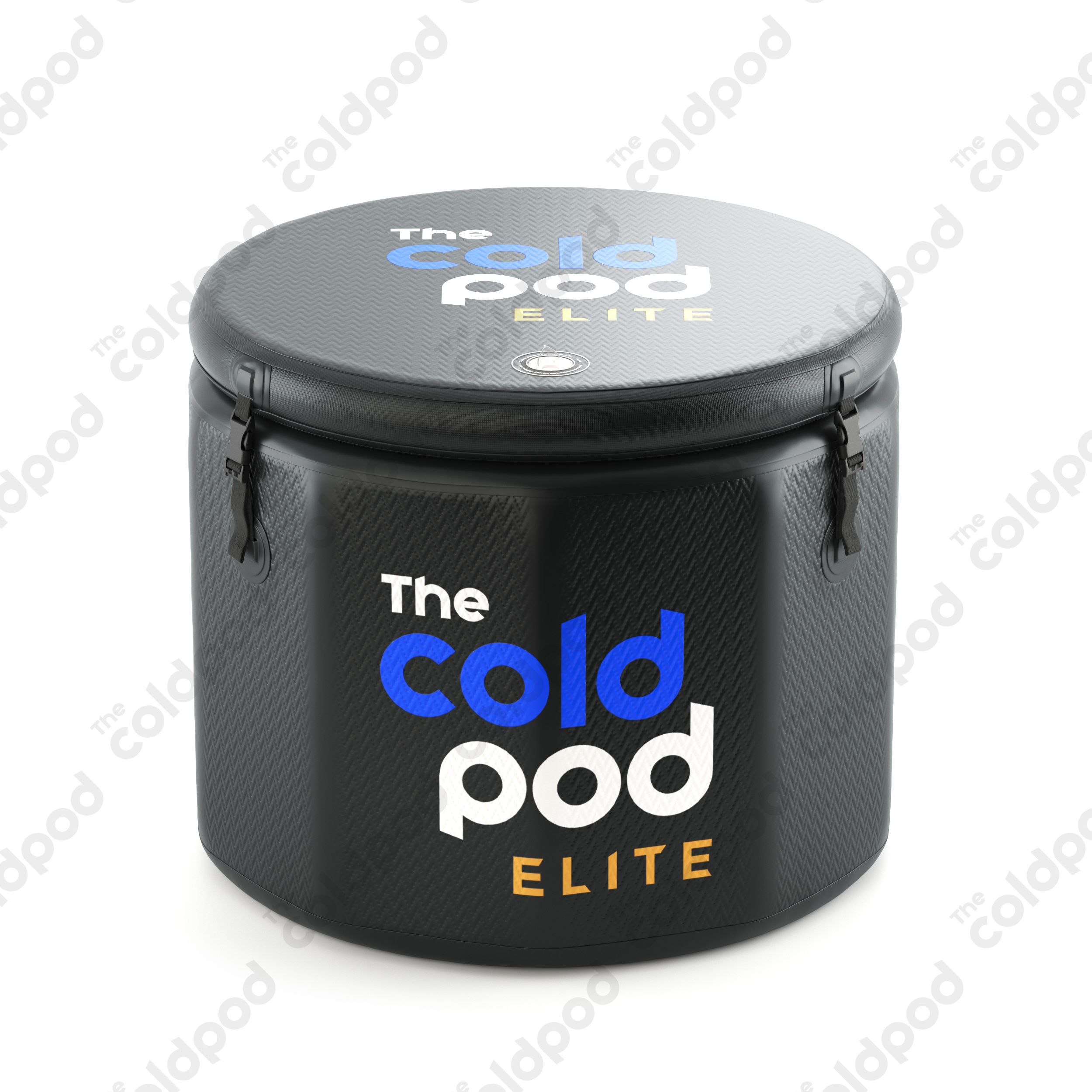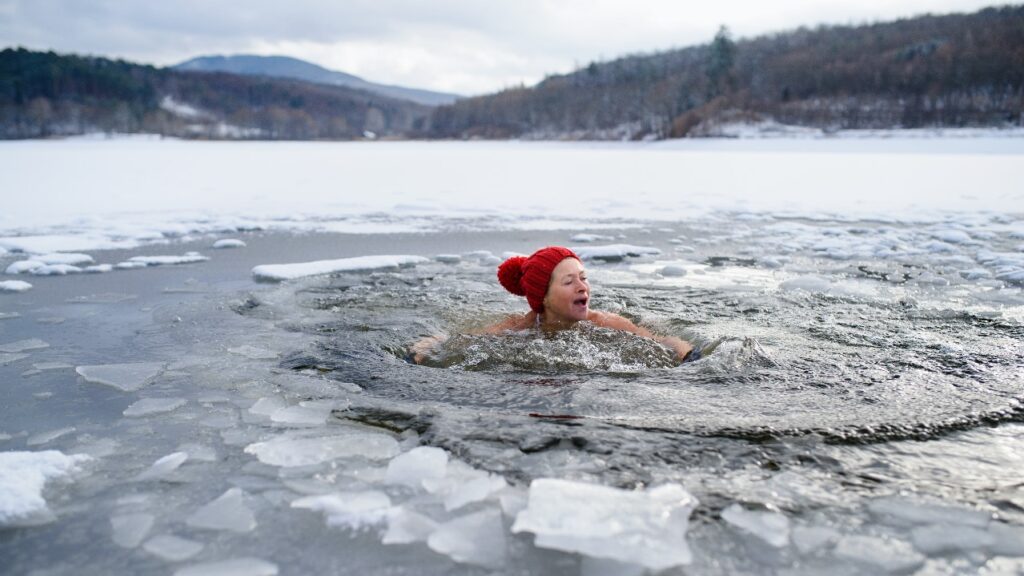
The Effect of Cold-Water Swimming on the Menopause
The phenomenon of cold-water swimming has garnered significant attention in recent years, not only for its invigorating and refreshing qualities but also for its potential health benefits. Among these, an intriguing and emerging area of study has been its impact on women’s health, specifically regarding menstrual and perimenopausal symptoms.
A recent study sought to shed light on this subject, exploring how perimenopausal women perceive the effects of cold-water swimming on their health and wellbeing.
What is menopause?
Menopause is the time in a woman’s life when her periods stop because of the reduction and eventual loss of ovarian function. It is a natural biological process that marks the end of a woman’s reproductive years.
Before the menopause, women go through a transitional period called the perimenopause. This is where women experience the symptoms of menopause, but their periods haven’t completely stopped. Women reach menopause when they have not had a period for 12 months (NHS, 2022).
Menopause symptoms
The most common symptoms of menopause are hot flushes and night sweats caused by a decline in hormones. Other symptoms include:
- Disrupted sleep and insomnia
- Low mood
- Low energy
- Anxiety
- Low libido
- Brain fog
- Memory and concentration issues
- Headaches
- Joint pain
- Vaginal dryness
- Urinary issues
On average, menopause symptoms last for 7 years and over 33% of women also experience long-term effects that can continue for years beyond that (British Menopause Society, 2021). That’s why it is important to find therapies to help control these debilitating side effects.
Can cold water bathing improve menopause symptoms?
The benefits of swimming for both physical and mental health have long been known. Winter or cold-water swimming has been shown to have both cardiovascular and wider health benefits (Manolis et al. 2019).
So, can cold water help improve menopause symptoms?
According to researchers at UCL, yes it can. In their study published in Post Reproductive Health, they surveyed 1114 women, 785 of whom were menopausal, to find out what effects cold water swimming had on their health and wellbeing.
What were the results of the study?
Here is a summary of the results:
Menstrual women reported improvements in the following symptoms:
- Anxiety (46.7%)
- Mood swings (37.7%)
- Irritability (37.6%)
Perimenopausal women reported improvements in:
- Anxiety (46.9%)
- Mood swings (34.5%)
- Low mood (31.1%)
- Hot flushes (30.3%)
In both groups, women reported that they swam in cold water to help relieve their symptoms. 63.3% of perimenopausal women stated that they participated in the activity for this reason, and the respondents felt that the physical and mental effects of cold-water swimming were the key to controlling their symptoms (Pound et al. 2024).
Qualitative data from the study also found that women thought the cold water was “an immediate stress/anxiety reliever”.
As part of the study, women were asked to state the menopause-related symptoms they had experienced since cold water swimming.
The top seven symptoms were:
- Brain fog
- Anxiety
- Poor concentration
- Fatigue
- Poor memory
- Hot flushes
- Night sweats
They were then asked if they believed cold water swimming had helped to relieve any of these symptoms. Psychological symptoms were shown to be most affected by cold water swimming, with 46.9% of women stating their anxiety had reduced. 34% thought their mood swings had been positively affected and 28.0% thought their depression had improved.
A case study published in the BMJ reported that a 24-year-old woman with major depressive disorder and anxiety symptoms, who participated in a weekly program of cold-water swimming, experienced an immediate improvement in mood. Significantly, this led to the woman becoming medication-free (van Tulleken et al, 2018).
The UCL study also reported that 30.3% and 20% of women thought their hot flushes and night sweats symptoms were improved by cold water swimming. Although more research needs to be conducted to determine the right frequency, temperature, and duration, cold water swimming may hold the key to helping to relieve some of the most debilitating symptoms.
According to the British Menopause Society, hot flushes and night sweats are the most common symptoms experienced by 70 to 80% of women (British Menopause Society, 2021). A BBC News report back in 2019 reported anecdotal evidence that cold water swimming was relieving menopause symptoms in a group of 20 women (Fyfe, 2019).
What do the results mean?
The study shows that cold water swimming has a positive effect on both menstruating and perimenopausal women. More research needs to be conducted into how cold-water swimming is beneficial, and the optimal duration and temperature to achieve the desired effects, but the study helps to open the discussion around the benefits of cold-water immersion for this important stage in a woman’s life.
Cold water tips
If you’re interested in trying cold water swimming or immersion for yourself, here are our top tips:
- Start slow. There’s no need to go rushing in. You can start to help your body into the new sensation of being exposed to cold temperatures by taking short cold showers and building up to being immersed in water.
- Have someone with you. However, if you intend to immerse yourself, always have someone with you.
- Have everything you need close by. Have a towel and warm, dry clothes to change into, ready for when you get out of the water.
- Get a Cold Pod. Outdoor swimming isn’t for everyone, but you can achieve similar results with The Cold Pod, all from the comfort of your home.
- Get medical advice. If you have an underlying health condition or have any concerns, speak to your doctor before starting a cold-water immersion activity.
Summary
The compelling findings from the UCL study underscore the potential of cold-water swimming as a therapeutic activity for alleviating menopausal symptoms. With both menstruating and perimenopausal women reporting significant improvements in psychological symptoms and physical discomforts, such as hot flushes and night sweats, this natural approach offers a promising avenue for managing the challenges of menopause. While further research is needed to fine-tune the specifics of this therapy, the positive feedback from participants highlights the multifaceted benefits of cold-water immersion, not just for physical health but also for mental wellbeing. As we continue to explore innovative and holistic approaches to menopause management, cold water swimming emerges as a refreshingly simple yet effective strategy worth considering.
Ready to start your journey? Let The Cold Pod lead the way.
Sources
British Menopause Society. (2021). What is the menopause? Available at: https://thebms.org.uk/wp-content/uploads/2023/08/17-BMS-TfC-What-is-the-menopause-AUGUST2023-A.pdf [Accessed 14 February 2024]
Fyfe, W. (2019). Women cold water swimming in Gower to help menopause. Available at: https://www.bbc.co.uk/news/uk-wales-47159652 [Accessed 15 February 2024]
Manolis, A. S., Manolis, S. A., Manolis, A. A., Manolis, T. A., Apostolaki, N., & Melita, H. (2019). Winter Swimming: Body Hardening and Cardiorespiratory Protection Via Sustainable Acclimation. Current sports medicine reports, 18(11), 401–415. https://doi.org/10.1249/JSR.0000000000000653
NHS. (2022). Menopause. Available at: https://www.nhs.uk/conditions/menopause/ [Accessed 14 February 2024]
Pound M, Massey H, Roseneil S, et al. How do women feel cold water swimming affects their menstrual and perimenopausal symptoms? Post Reproductive Health. 2024;0(0). doi:10.1177/20533691241227100
van Tulleken C, Tipton M, Massey H, et al. Open water swimming as a treatment for major depressive disorder. Case Reports 2018;2018:bcr-2018-225007.
Like this article?
Explore More
Try Cold Exposure with Our Ice Baths
-
UK Estimated Delivery: 12th December - 16th December
The Cold Pod – Portable Ice Bath
£125.00Original price was: £125.00.£75.00Current price is: £75.00. -
UK Estimated Delivery: 12th December - 16th December
The Cold Pod XL – Portable Ice Bath
£175.00Original price was: £175.00.£120.00Current price is: £120.00. -
UK Estimated Delivery: 12th December - 16th December
The Cold Pod Elite Bath
£900.00Original price was: £900.00.£799.00Current price is: £799.00. -
UK Estimated Delivery: 12th December - 16th December
The Cold Pod Elite Barrel
£900.00Original price was: £900.00.£799.00Current price is: £799.00.
-
UK Estimated Delivery: 12th December - 16th December
-
UK Estimated Delivery: 12th December - 16th December
-
UK Estimated Delivery: 12th December - 16th December
Try cold exposure with our ice baths
-
UK Estimated Delivery: 12th December - 16th December
The Cold Pod – Portable Ice Bath
£125.00Original price was: £125.00.£75.00Current price is: £75.00. -
UK Estimated Delivery: 12th December - 16th December
The Cold Pod XL – Portable Ice Bath
£175.00Original price was: £175.00.£120.00Current price is: £120.00. -
UK Estimated Delivery: 12th December - 16th December
The Cold Pod Elite Bath
£900.00Original price was: £900.00.£799.00Current price is: £799.00. -
UK Estimated Delivery: 12th December - 16th December
The Cold Pod Elite Barrel
£900.00Original price was: £900.00.£799.00Current price is: £799.00.
Accessories
-
UK Estimated Delivery: 12th December - 16th December
-
UK Estimated Delivery: 12th December - 16th December
-
UK Estimated Delivery: 12th December - 16th December
-
UK Estimated Delivery: 12th December - 16th December

